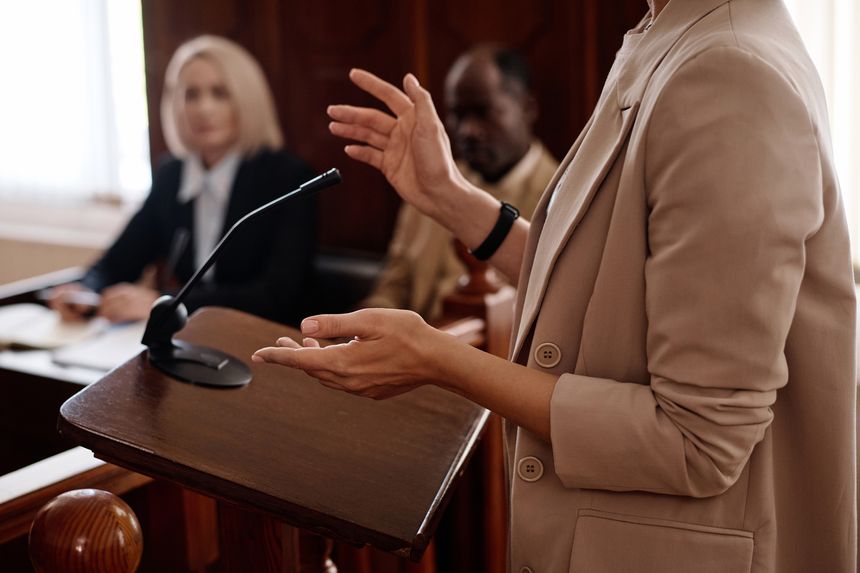
In Family Law proceedings, particularly those involving allegations of domestic abuse, the courts aim to ensure fairness and protect vulnerable individuals. A key measure in achieving this is the appointment of Qualified Legal Representatives [QLRs] to conduct cross-examination on behalf of parties prohibited from doing so themselves.
What is a QLR?
A QLR is a legal professional appointed by the court to conduct cross-examinations in family or civil proceedings where a party is legal prohibited from doing so in person. This prohibition is designed to protect victims or alleged victims of abuse from direct questioning by the perpetrator or alleged perpetrator, thereby preventing further trauma or intimidation.
The role of the QLR is distinct from that of a traditionally instructed lawyer. While a standard legal representative advocates for their client’s interests throughout the proceedings, a QLR’s function is specifically limited to conducting cross-examinations as directed by the court. Importantly, the QLR is accountable to the court rather than to the party on whose behalf they are appointed, ensuring an impartial and fair process.
When Might You Need a QLR?
The need for a QLR arises in specific circumstances outlined by law, particularly under the provisions of the Domestic Abuse Act 2021. Situations where a QLR may be appointed include:
Prohibition of Cross-Examination in Person
In cases where one party has been convicted, cautioned or charged with a specified offence against another party or witness, the court may prohibit the (alleged) perpetrator from cross-examining the victim in person. Similarly, victims are protected from having to cross-examine their (alleged) abusers. In such scenarios, the court appoints a QLR to conduct the cross-examination on behalf of the prohibited party.
Discretionary Prohibition by the Court
Even in the absence of a conviction or charge, the court has the discretion to prohibit cross-examination in person if it considers that such questioning would cause significant distress to the witness or affect the quality of their evidence. In these cases, a QLR may be appointed to ensure that the cross-examination is conducted fairly and without causing undue harm.
Appointment and Responsibilities of a QLR
The appointment of a QLR is initiated by the court when the relevant conditions are met. Key aspects of their role include:
Scope of the Role
The QLR’s duties are confined to conducting cross-examinations as specified by the court. They do not represent the prohibited party in other aspects of the case and are not responsible for providing legal advice to them.
Accountability
QLRS are accountable to the court, ensuring that their conduct aligns with the interests of justice and the court’s directions.
Remuneration
QLRs appointed by the court are compensated from central funds, based on a fixed fee structure for their preparation and conduct of cross-examinations.
The introduction of QLRs in Family Law proceedings underscores the legal systems commitment to protecting vulnerable individuals and ensuring fair trial. By preventing direct cross-examination between victims and alleged perpetrators of abuse, and appointing impartial professionals to undertake this task, the courts aim to minimise distress and uphold the integrity of the judicial process. If you find yourself involved in family law proceedings where such circumstances arise, understanding the role of a QLR can provide clarity on how the court seeks to balance the right and wellbeing of all parties involved.
If you would like more information on QLRs or legal advice on the issues raised in this article, please get in touch with me, Sigourney Lee-Smith by completing this contact form or call me directly 01295 204009.


/Passle/60d59e96e5416a116451a194/SearchServiceImages/2026-01-23-09-54-45-585-6973456531790aa0685dee9d.jpg)
/Passle/60d59e96e5416a116451a194/SearchServiceImages/2026-02-02-12-27-07-749-6980981bc72c5228339d352a.jpg)
/Passle/60d59e96e5416a116451a194/SearchServiceImages/2026-01-30-12-29-15-495-697ca41b4d2a6c08cfd2e80f.jpg)